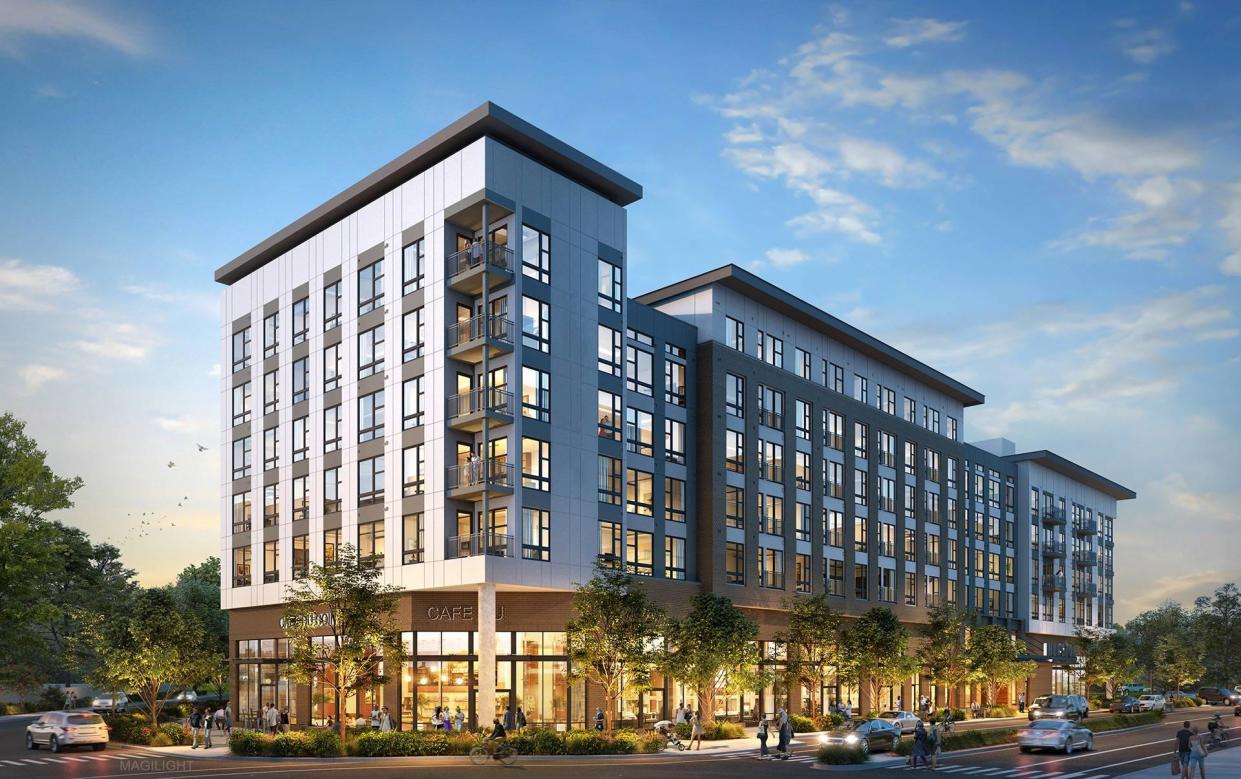These researchers will look at how RI could create a state housing developer
Rhode Island has chosen New York University researchers to study whether to create a state housing development arm and, if so, how best to do it.
NYU's Furman Center for Real Estate and Urban Policy was hired over two other bidders to do the six-month study, which will examine different public-sector models used across the country and world to build new affordable housing.
Among the places the Furman Center is expected to study are Montgomery County, Maryland, Singapore and Finland, Housing Secretary Stefan Pryor told The Journal last week.
"We're asking [the Furman Center] to analyze the efficacy of these models and the applicability of such models to Rhode Island," Pryor said.
RI program could be based on Maryland model
The idea of a state developer was first floated in 2022 when state lawmakers budgeted $10 million for public housing. House Speaker K. Joseph Shekarchi and Pryor have both expressed interest in the revolving-fund model used in Montgomery County.
But that $10 million has been allocated to local public housing authorities, and the state Housing Department opted to study the possibility of using a state agency to develop affordable housing.
If the state decides to try that option, funding could come from a housing bond Gov. Dan McKee is expected to ask voters to approve. Pryor has recommended a $100-million bond, but McKee has not said how big the bond included in his budget being unveiled Thursday will be.
Pryor said the Furman Center has been asked to provide an interim report on the public-developer option in April or May, before lawmakers finalize the state budget.
Pryor visited Montgomery County, Maryland, which is just north of Washington, D.C., in November to see what's been built there.
The "Montgomery County model," which has drawn attention in the national media, features buildings with a mix of apartments rented at market rates and below-market rates so tenants paying higher rents subsidize those paying less.

Because the public developer provides a big chunk of the money needed to build the apartments, less goes to profits for investors and middle men. Those profits are instead plowed back into the revolving fund to pay for other new buildings.
"Because a public sector agency is carrying out the work, the funding that would otherwise be destined for a private developer in the form of fees and returns can then be [for] housing development," Pryor said.
More: Will RI be the first state to create a public housing developer? That plan is up in the air.
He noted that if Rhode Island decides to establish a public developer, it can take parts of what Montgomery County and other public agencies did without having to copy any one system entirely.
The Furman Center contract has not been finalized yet, Pryor said, but is expected to cost between $85,000 and $100,000.
Daniel Denvir, co-chairman of Reclaim Rhode Island, the group that has been pushing for a state developer, called on state leaders to pass a large housing bond this year with a "substantial portion" dedicated to public housing and public development.
“We salute Secretary Pryor for actively exploring public housing development and look forward to the Furman Center not only testing the viability of the Montgomery County model but also analyzing the wide variety of innovative methods that public housing authorities can utilize to create the apartments we so desperately need," Denvir said in an email.
This article originally appeared on The Providence Journal: RI housing officials studying a public housing developer model
